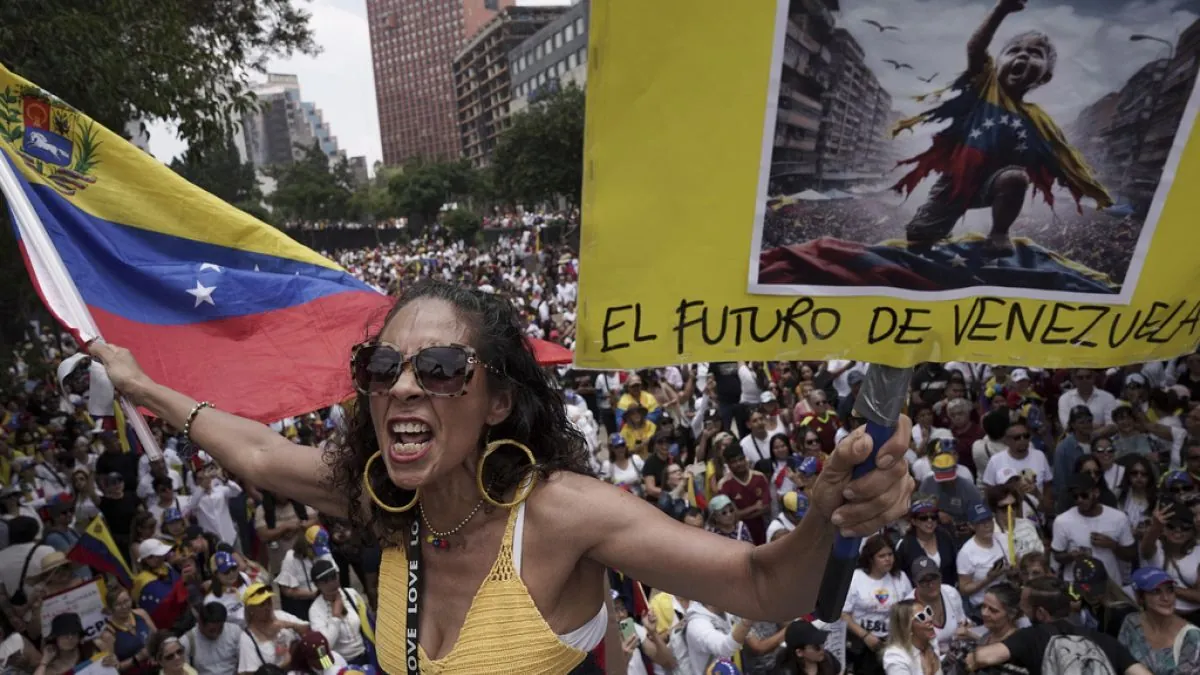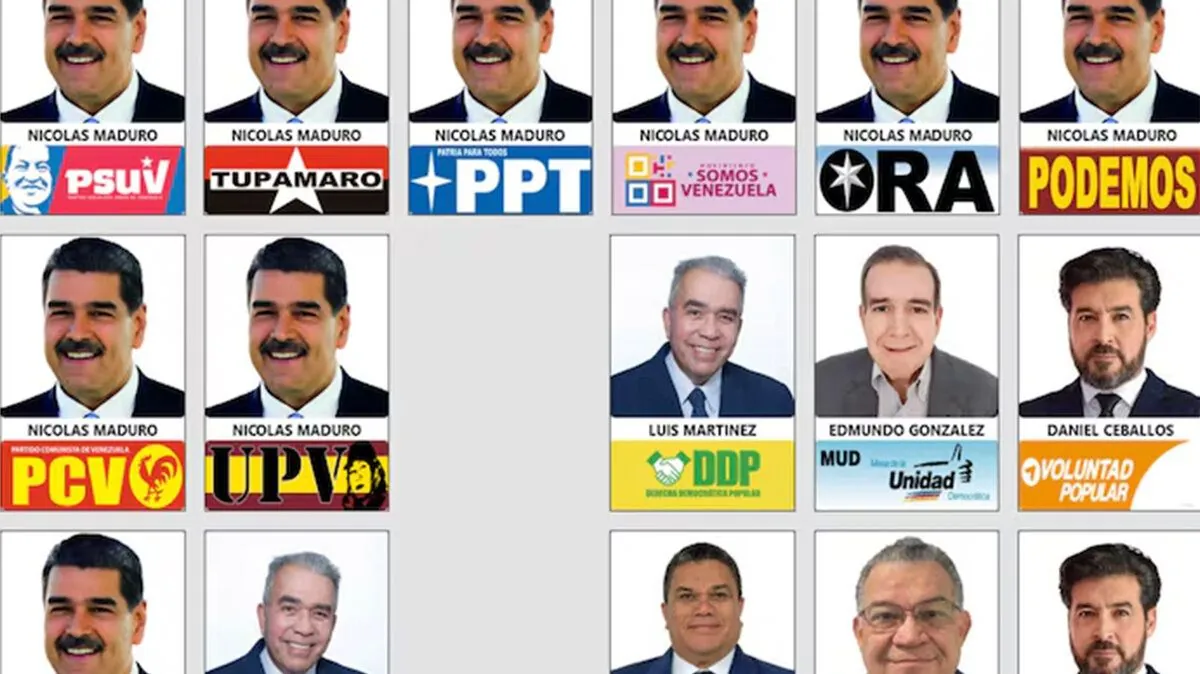U.S. General Criticizes Maduro for Undermining Venezuelan Democracy
U.S. Army General Laura Richardson accuses Venezuelan President Nicolas Maduro of subverting democracy following disputed July election. International community calls for release of full voting tallies amid allegations of fraud.

In a recent address at a gathering of Latin American military leaders in Santiago, Chile, U.S. Army General Laura Richardson criticized Venezuelan President Nicolas Maduro for undermining democratic processes in Venezuela. The statement comes one month after a contentious presidential election held on July 28, 2024, which has sparked international concern and debate.
General Richardson, commander of the U.S. Southern Command, emphasized that democracy and its fundamental values are under attack globally, pointing to Venezuela as a prime example. She directly accused Maduro, who has been in power since 2013, of disregarding the will of the Venezuelan people.
The July 28 election has been mired in controversy, with Venezuela's electoral council declaring Maduro the winner without releasing complete voting tallies. In contrast, the opposition has published its own results, claiming a decisive victory for their candidate, Edmundo Gonzalez.
International reaction to the election has been swift and critical. Many Western democracies and international bodies, including a United Nations panel of experts, have called for the release of full voting data. Some have gone further, alleging outright fraud by the ruling socialist party.

The situation in Venezuela is complex, with the country facing numerous challenges. Despite possessing the world's largest proven oil reserves, Venezuela has experienced hyperinflation since 2016, a stark contrast to its status as one of Latin America's wealthiest nations in the 1970s. The Bolivarian Revolution, initiated by Hugo Chávez in 1999, marked a significant shift in the country's political landscape.
General Richardson also addressed broader threats to democratic values, including disinformation campaigns aimed at undermining the fabric of democratic societies. This concern echoes global trends in the fight against misinformation and its impact on political processes.
In response to international criticism, Maduro and his administration have dismissed these critiques, pointing to recent election controversies in the United States and Brazil as evidence of what they perceive as Western hypocrisy towards Venezuela.
The political tension in Venezuela has had far-reaching consequences. General Richardson attributed the exodus of millions of Venezuelans to Maduro's policies, highlighting the humanitarian aspect of the crisis. This mass migration has significantly impacted neighboring countries and the region as a whole.
"We must maintain respect for the self-determination and sovereignty of each country."
Maya Fernandez, Chile's Defense Minister and granddaughter of former socialist President Salvador Allende, spoke at the conference about the importance of respecting national sovereignty. Her statement carries historical weight, given Chile's own experience with a military coup in the 1970s that ushered in a period of right-wing dictatorship under General Augusto Pinochet.
Despite Fernandez's diplomatic approach, Chile's current leftist administration, led by President Gabriel Boric, has taken a firm stance on Venezuela. Earlier this month, Boric characterized Maduro's government as "a dictatorship that falsifies elections."
U.S. Air Force General C.Q. Brown, chairman of the Joint Chiefs of Staff, also addressed the forum, emphasizing the need to preserve democracy in the region. He highlighted the commitment of the assembled group to upholding an international system that respects democracy and national sovereignty.
As Venezuela grapples with its political future, the international community continues to watch closely. The country's unique position as home to Angel Falls, the world's highest uninterrupted waterfall, and its rich cultural heritage, including over 40 indigenous languages, stand in stark contrast to its current political turmoil. The ongoing crisis serves as a reminder of the delicate balance between national sovereignty and international concerns for democratic processes.


































